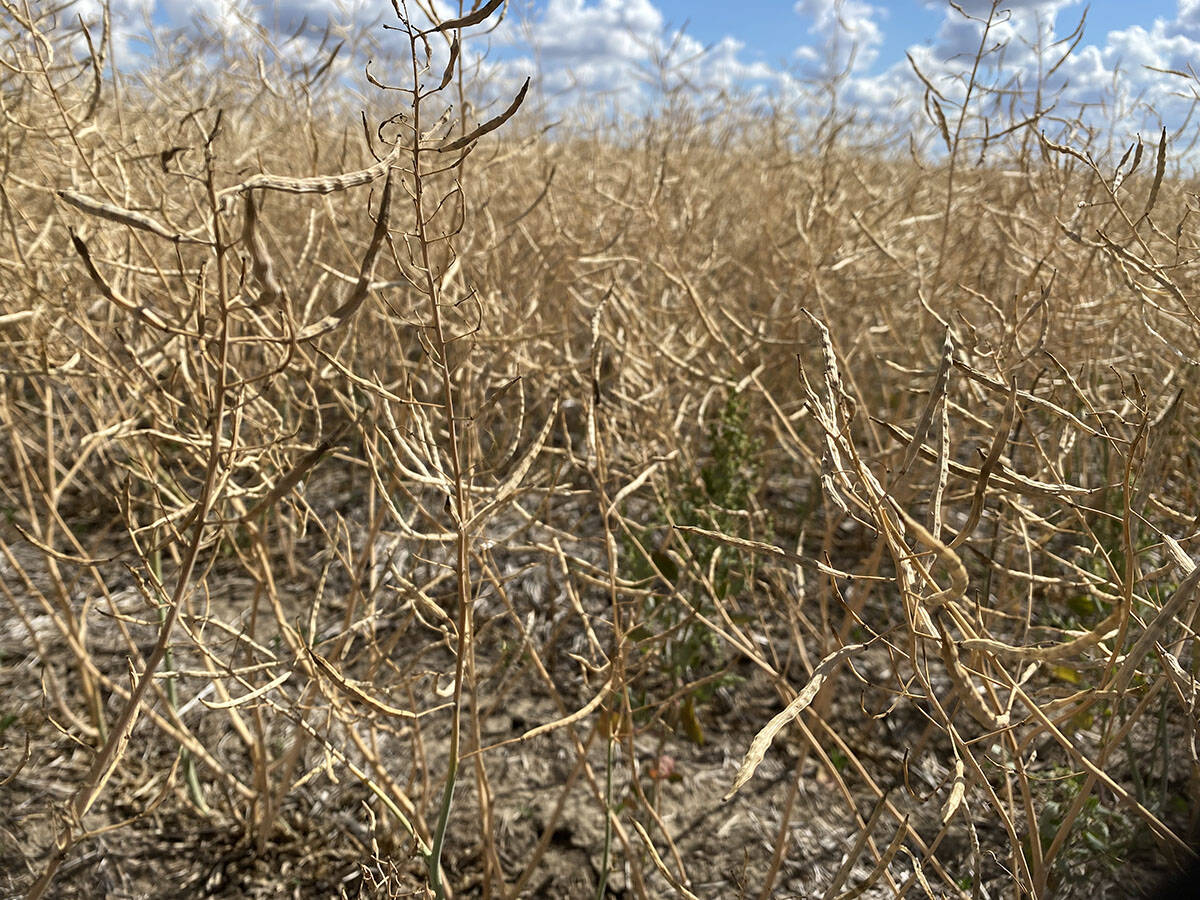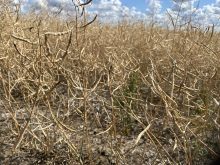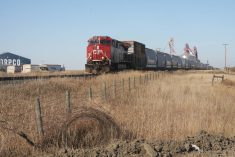When we built a new house in Saskatoon seven years ago, we xeriscaped the yard thinking it would be ecologically wise given previous years of drought.
To our astonishment, a six-foot-wide river of water flowed through our yard every time it rained that first spring.
And thanks to irrigating neighbours uphill, the back part of our yard has never dried out since. It’s become the habitation of frogs, and the occasion for a lot of expensive diking and drainage construction. What a headache.
Read Also

Crop insurance’s ability to help producers has its limitations
Farmers enrolled in crop insurance can do just as well financially when they have a horrible crop or no crop at all, compared to when they have a below average crop
Of course, my minor urban water woes pale in comparison to the once-in-300-year flood challenge faced by communities in the southern part of the Prairies this year. Perhaps I’d be envied by those in northern communities such as Slave Lake, Alta., and Wollaston Lake, Sask., who have suffered ravenous forest fires.
But I have learned one thing even from my relatively protected urban experience: living with the weather in Western Canada is, every season of the year, an anxiety-inducing experience.
Will the land dry out enough to get the crops in? Is there time to rebuild before winter?
How do I drive to my job, just 15 kilometres away, without getting mired in a low spot on a rural road or having to go 100 kilometres around? How do pastors get to home-bound parishioners, and emergency services to critically ill patients?
Life patterns are deeply disrupted and the toll on mental and spiritual health is substantial and constant.
Prairie governments have been quick to offer funding to address the physical impact of these acts of God. Hopefully it will be timely and adequate.
However, greater attention needs to be paid to spiritual and emotional well-being – and not just of individuals, but of communities as a whole.
Repeated crises can create the impression that a person or town is being punished, or that God has forgotten about them.
The resulting sense of shame or abandonment can suck what little energy for rebuilding is left and create a spiral of despair.
I’m proud to see the work that Leigh Sinclair, one of our graduate students and a pastor in Slave Lake, has been doing to mobilize pastoral care for her devastated community.
Churches have substantial resources to help heal the spirit of devastated communities, especially in partnership with health care institutions: liturgies to help the community lament and hope together; networks of friendship and support; lists of people shut-in or vulnerable; and people and professionals trained in caring for mind and spirit who are readily accessible.
In these difficult days of flood and fire, our rural churches and health care folks can themselves be truly acts of God.
Cam Harder is associate professor of systematic theology at the Lutheran Theological Seminary in Saskatoon.















